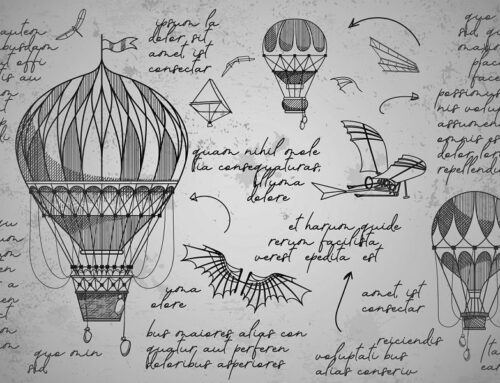Introduction
The question of inventorship, specifically within the context of a university setting, is both complex and nuanced. Given that universities are often hotbeds of innovation and research, the determination of inventorship is a frequently encountered issue. The stakes are high, as inventorship impacts intellectual property (IP) rights, patent ownership, revenue sharing, and more. This article explores the key considerations in assessing inventorship in a university setting.
Understanding Inventorship
In patent law, an inventor is an individual who contributes to the conception of an invention. Conception is the formation in the mind of the inventor of a definite and permanent idea of the complete and operative invention, as it is thereafter to be applied in practice.
Inventorship is not determined by who performed the experiments or who built the prototype but by who contributed to the original idea. Furthermore, it’s not about the quantity of an idea, but its quality; even a small but essential contribution can qualify a person as an inventor.
Determining Inventorship in a University Setting
In a university setting, the collaborative nature of academic research often leads to complex scenarios when determining inventorship. Here are several key considerations:
- Understand the Legal Framework
The legal framework governing inventorship includes the Patent Act, university IP policies, and any agreements between researchers and the university. These documents can help clarify how inventorship is determined and the rights and responsibilities of inventors.
- Identify Contributors
Identify everyone who contributed to the conception of the invention. This can include students, professors, visiting researchers, and others. Remember, performing the work alone does not constitute inventorship—there must be a contribution to the conception of the invention.
- Evaluate Contributions
Evaluate each contributor’s role in developing the invention. This involves a detailed analysis of who contributed what ideas and how those ideas contributed to the final invention.
- Consult Legal Counsel
Determining inventorship can be a complex legal question. Universities often have legal counsel or technology transfer offices that can assist in these determinations.
Challenges in Assessing Inventorship
Assessing inventorship in a university setting comes with unique challenges:
- Multidisciplinary Collaborations
Universities often involve multidisciplinary collaborations, making it challenging to tease apart individual contributions to an invention.
- Student Contributions
Students, particularly graduate students, often make significant contributions to university research. However, their contributions may be overlooked or undervalued when determining inventorship.
- Transient Researchers
Universities often host visiting researchers or faculty who contribute to research but may not be present when the patent application is prepared, complicating the determination of inventorship.
- Managing Disputes
Disputes over inventorship can arise and can be disruptive and damaging if not managed properly. Universities often have dispute resolution mechanisms in place, and it is essential to engage legal counsel early in the process.
Conclusion
Determining inventorship in a university setting is a complex process with significant implications for intellectual property rights and revenue distribution. Clear policies, meticulous record-keeping, and early legal counsel can help ensure a fair and accurate determination of inventorship.
Universities, as institutions at the forefront of innovation and research, have a critical role to play in fostering an environment of transparency and fairness around IP and inventorship issues. By doing so, they can ensure that the fruits of academic research are shared equitably, thus promoting continued innovation and collaboration.
The contents of this article are intended to convey general information only and not to provide legal advice or opinions. An attorney should be contacted for advice on specific legal issues.







